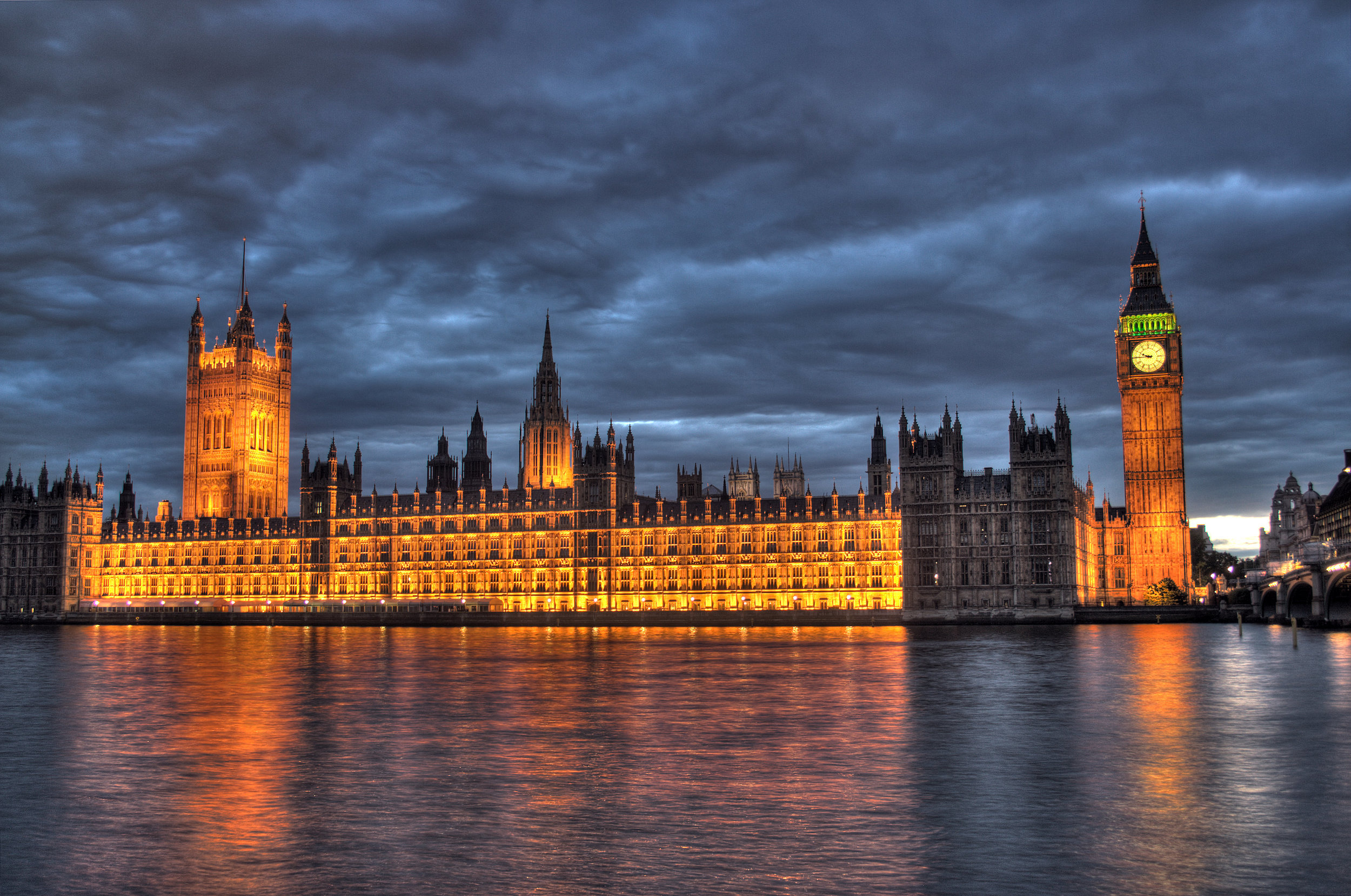
ABOUT THE ADAM SMITH INSTITUTE
“Over four decades, the Adam Smith Institute has proved itself a formidable advocate of economic and personal freedom, achieving real and lasting changes in public policy.”
The Adam Smith Institute is one of the world's leading think tanks, recognised as the best domestic and international economic policy think-tank in the UK and ranked 1st in the world among Independent Think Tanks by the University of Pennsylvania.
Independent, non-profit and non-partisan, we work to promote free market, neoliberal ideas through research, publishing, media outreach, and education. The Institute is today at the forefront of making the case for free markets and a free society in the United Kingdom.
The Institute was founded in the 1970s, as post-war socialism reached its high-watermark. Then, as now, its purpose was to educate the public about free markets and economic policy, and to inject sound ideas into the public debate.
It has always been a practical think tank rather than an academic organization, and despite its strict political independence, it has endeavored to work with policymakers to deliver real change, and to make free market ideas reality. In its early days, the Institute was known for its pioneering work on privatization, deregulation, and tax reform, and for its advocacy of internal markets in healthcare and education. Today, it is known as one of Britain's leading think tanks, and for its emphasis on using free markets to end poverty.
Our strategy
We have a two-pronged strategy for changing the world:
Long-term, we change the landscape of opinion. Much of our work – events, books and media outreach – is dedicated to educating students and the wider public about why free markets work for everyone, particularly the poorest, so that in the long-run, the intellectual climate is more conducive to the cause of classical liberalism. For lasting reform, we need to create an environment in which even the most self-interested politician benefits by championing free markets and free people.
Short-term, we change policy. The Adam Smith Institute was one of the key drivers behind the privatization revolutions in the 1980s and 1990s, and has always been renowned for its innovative policy ideas. Our mantra is to come up with policy ideas that are both radical and reasonable – to act at the margin of reform, but nonetheless offer solutions that a bold politician can implement.
This strategy has already been enormously successful since our founding in 1977. But there is a lot more to do.
Our mantra: “Radical and reasonable”
We believe that free markets have already been proven to be the best way of reducing poverty and giving people the freedom to live the lives they want. Our work is heavily empirical, grounded in practice and evidence from around the world. Though we favour bold, radical policy solutions to society's problems, we base the case for this in cold, hard facts, not dogma.
Policy priorities
Abundance
A planning system that allows us to build the homes, power stations and transport we need to prosper.
A business environment that encourages ambition, from Artificial Intelligence to aerospace.
Freedom
The right to speak, associate and believe freely.
The freedom to be an individual and live your life how you choose.
Responsibility
A small efficient state, funded by lower, flatter taxes.
Public services focused on outcomes not ideology.
A balanced budget that is fair on future generations.
To see our research, click here.
Activities
As well as engaging in traditional think tank activities – like conducting research, publishing reports, and holding seminars and conferences – the Institute has also, throughout its history, paid a great deal of attention to developing the next generation of policymakers and opinion formers, with its well known and highly regarded youth programmes forming a major part of its activities. The Adam Smith Institute also prides itself on being forward-looking and media-savvy, and being quick to embrace new technology and new opportunities to promote its ideas.
Fighting Big Government
Today the Adam Smith Institute faces new challenges. The industrial landscape has changed beyond recognition since the 1970s. Communism has fallen. And most politicians at least pay lip service to the free market ideas of choice, competition and enterprise. And yet in many ways government is bigger and more intrusive than ever, whether it is regulating businesses, interfering with lifestyle choices, or undermining historic civil liberties. Meanwhile public spending has grown out of control, and Britain faces a fiscal crisis unprecedented in peacetime. In short, there are many battles still to be won.
A Call to Action
Ronald Reagan once said, "[f]reedom is a fragile thing and is never more than one generation away from extinction. It is not ours by inheritance; it must be fought for and defended constantly by each generation, for it comes only once to a people. Those who have known freedom and lost it, have never known it again." Those words encapsulate the role of the Adam Smith Institute: it exists to fight for freedom, to defend it where necessary, and to extend it where possible. It is a task the Institute takes very seriously.
“Some free-market think-tanks are surprisingly bad at business. Not the ASI. You won’t find a better ratio of investment to outcome anywhere in the UK. Squashed into one tiny office in Westminster, these brilliant schemers have transformed the idiom and the assumptions of British politics. Year after year, they open the eyes of new generations of students to the wonder of the non-state, the unplanned, the organic.”
